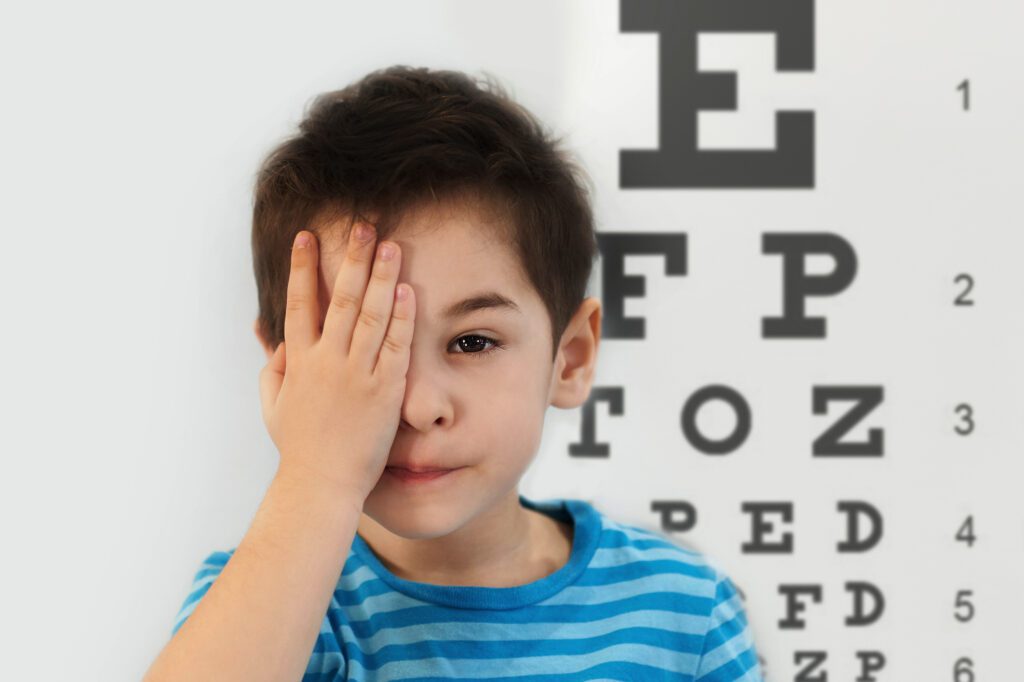
As a parent, watching your children excel in school is a great joy. Students engage in many activities – it reading, writing, using computers. Hence, the demand for good eyesight increases. Unfortunately, vision screening is often neglected. It is essential that regular vision screening is needed for your child to succeed.
Why is Vision Screening important?
Essential Vision skills for kids
Eyes play an essential role in a child’s success. Every child requires the following vision skills to read and learn:
- Visual acuity: It describes the ability of a child to see clearly at any given distance.
- Eye focusing: This refers to the ability to accurately and quickly keep clear vision as object distances change.
- Eye-tracking: This describes the ability to maintain eyes on target when looking from one object to another.
- Eye teaming: It’s an ability to use both eyes and coordinate when moving them along.
- Eye-hand coordination: The ability to visually direct hands when hitting a ball or drawing pictures.
- Visual perception: The ability to organize images on a page into words, letters and ideas.
As kids progress in school, demand on their visual skills increase. Books become small, and the duration spent studying and reading increases. Additional homework increases the need for a child’s vision. Sadly, some children have visual challenges and need regular vision screening to solve their problems.
Signs of learning-related visual challenges
When some visual skills are underdeveloped, learning becomes stressful. Such children will show the following signs:
- Steer clear of visual work as much as possible
- Struggling while completing visual assignments
- Short attention and discomfort
- Slow reading
- Confusing similar words
- Word reversal
- Difficulty identifying shapes
- Excessive eye rubbing
- Crossed eyes or eyes moving independently
- Double or blurred vision
- Eye strain or headaches
- Tilting head to use one eye
- Placing the head very close to a book when reading
- Behavioural signs such as acting out
Since vision may often alter during school years, regular eye care is vital. Although Myopia is the most common vision challenge, some children show other forms of refractive errors such as astigmatism and farsightedness.